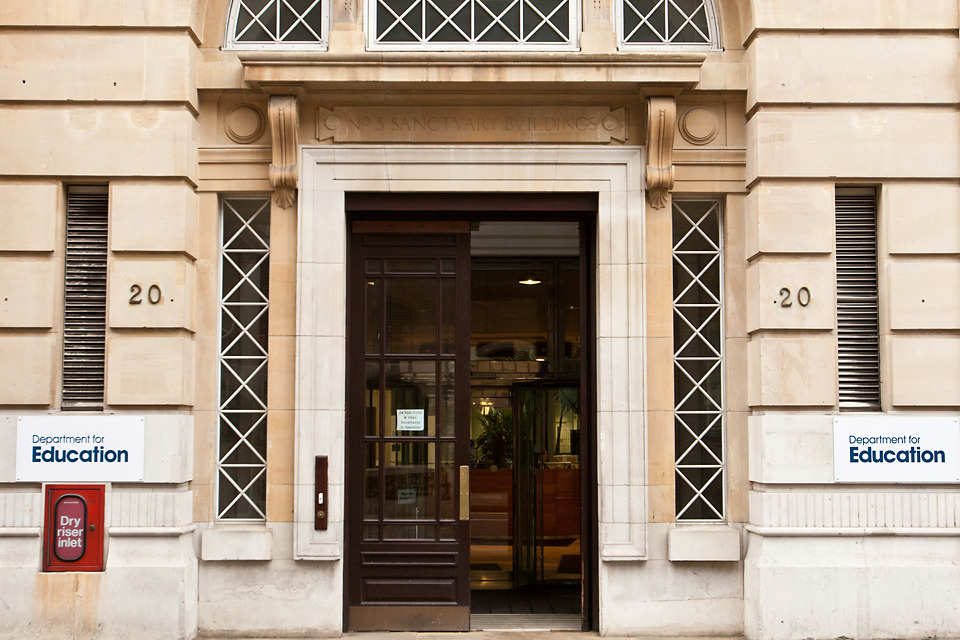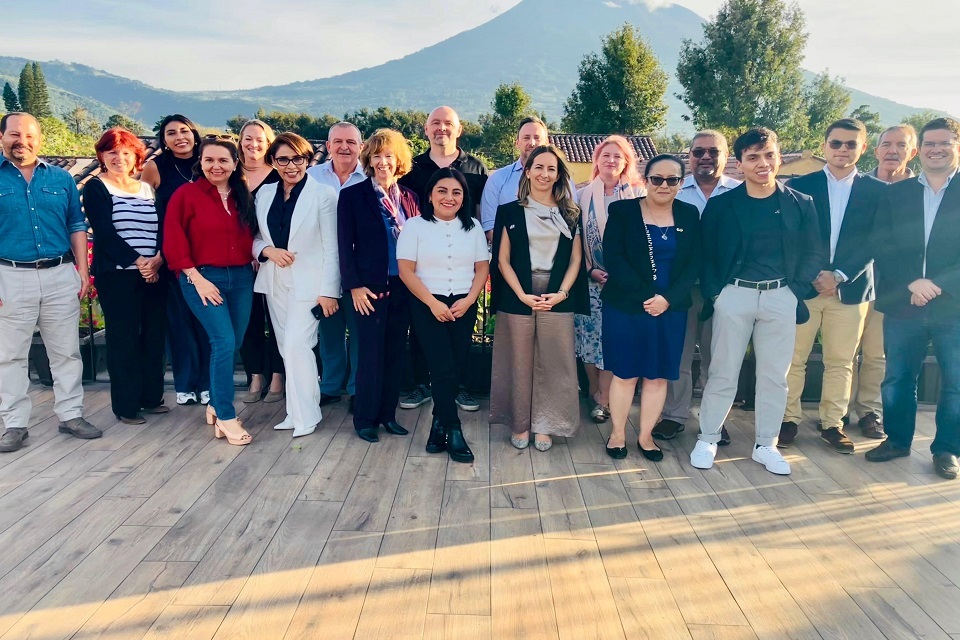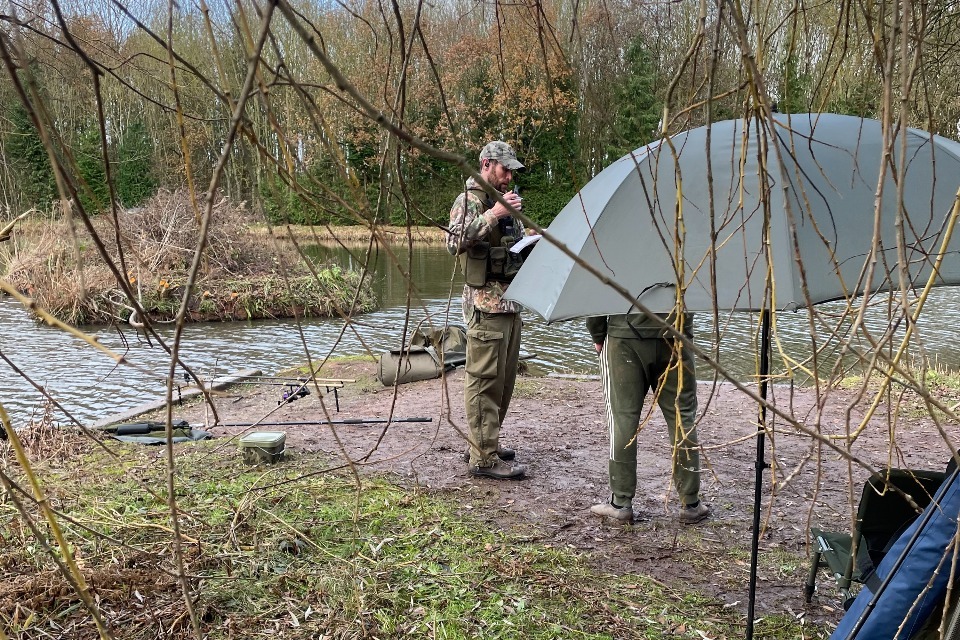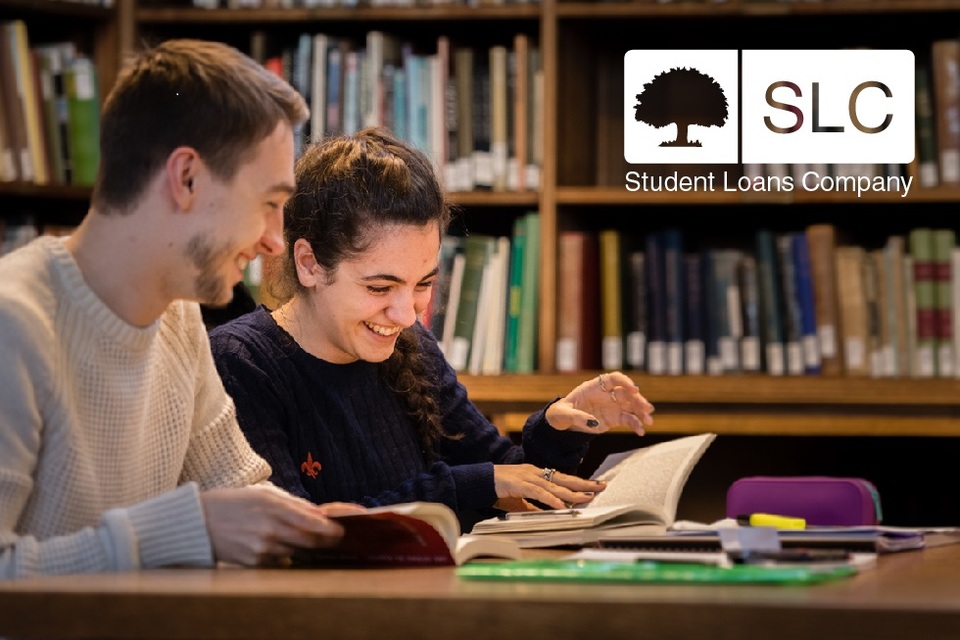A panel of scientific experts is set to provide education policy makers with advice on strategic and emerging issues through a new Science Advisory Council, the Department for Education announced today (Thursday 17 October).
Professor Russell Viner, the Department for Education’s Chief Scientific Adviser, has established a team of 12 experts with a range of specialisms to ensure access to the best and latest scientific advice – helping the department’s work to break down the barriers to opportunity by protecting children and ensuring the delivery of higher standards of education, training and care.
Led by Professor Dame Athene Donald as chair, the independent panel will provide scientific advice to the Department for Education on matters relevant to its policy and operations. This will include areas such as early identification and support of children with Special Educational Needs and Disabilities (SEND), mental health support, online harms prevention, a sustainable and secure school estate and Artificial Intelligence and education technology.
The Council will also work with the Chief Scientific Adviser to identify and share emerging scientific trends with officials and facilitate effective links between the department and the wider scientific community.
Professor Russell Viner, Chief Scientific Adviser at the Department for Education, said
We are the department for opportunity, working to deliver better life chances for all – and that means being at the forefront of cutting-edge scientific evidence to ensure we are doing everything we can to break the link between background and success.
We must keep pace with technological and scientific advancements if we are to deliver the highest standards for the people we serve. Science alone can’t address the challenges the department faces – but it can inform robust, evidence-informed decision making.
Chair Professor Dame Athene Donald, Professor Emerita of Experimental Physics and former Master of Churchill College, University of Cambridge, will be supported by Deputy Chair, Professor Mark Mon-Williams. Mark is the Chair of Cognitive Psychology at the University of Leeds and the Founder Director of the Centre of Applied Education Research.
The other ten members have expertise in fields including economics, social science, statistics, operational research and engineering, physical and life sciences, ethics, and data science. Between them they have worked on studies looking at school health interventions, the impact of AI on learning, how digital technologies affect adolescent mental health, how childhood circumstances influence child development and early interventions.
Plenary meetings will be held quarterly and will include attendance by the Chief Scientific Adviser, a non-executive board member and other relevant officials. Smaller, task-relevant meetings and workshops will occur as needed in response to departmental requests and needs.
The panel members are
-
Chair Professor Dame Athene Donald, DBE, FRS, Professor Emerita of Experimental Physics and former Master of Churchill College, University of Cambridge.
-
Deputy Chair Professor Mark Mon-Williams, Chair of Cognitive Psychology, University of Leeds.
-
Professor Chris Bonell, Professor of Public Health & Sociology, London School of Hygiene and Tropical Medicine.
-
Professor William J. Browne, Professor of Statistics & Head of the School of Education, University of Bristol.
-
Dr Claire Crawford, Associate Professor at the Centre for Education Policy and Equalising Opportunities, University College London.
-
Michael Cribb, Chartered Structural Engineer and Associate Director, Arup.
-
Dr Dougal Hargreaves, Houston Reader in Paediatrics & Population Health, Imperial College London.
-
Dr Sonya Krutikova, Associate Professor of Economics, University of Manchester, & Deputy Research Director, Institute for Fiscal Studies.
-
Professor Rose Luckin, Professor Emeritus of Learner Centred Design, University College London.
-
Dr Amy Orben, Leader of the Digital Mental Health Group at the MRC Cognition and Brain Sciences Unit, University of Cambridge.
-
Professor Paul Ramchandani, LEGO Professor of Play in Education, Learning and Development, University of Cambridge.
-
Professor Michael J. Reiss, Professor of Science Education at the Institute of Education, University of London & University College London.








